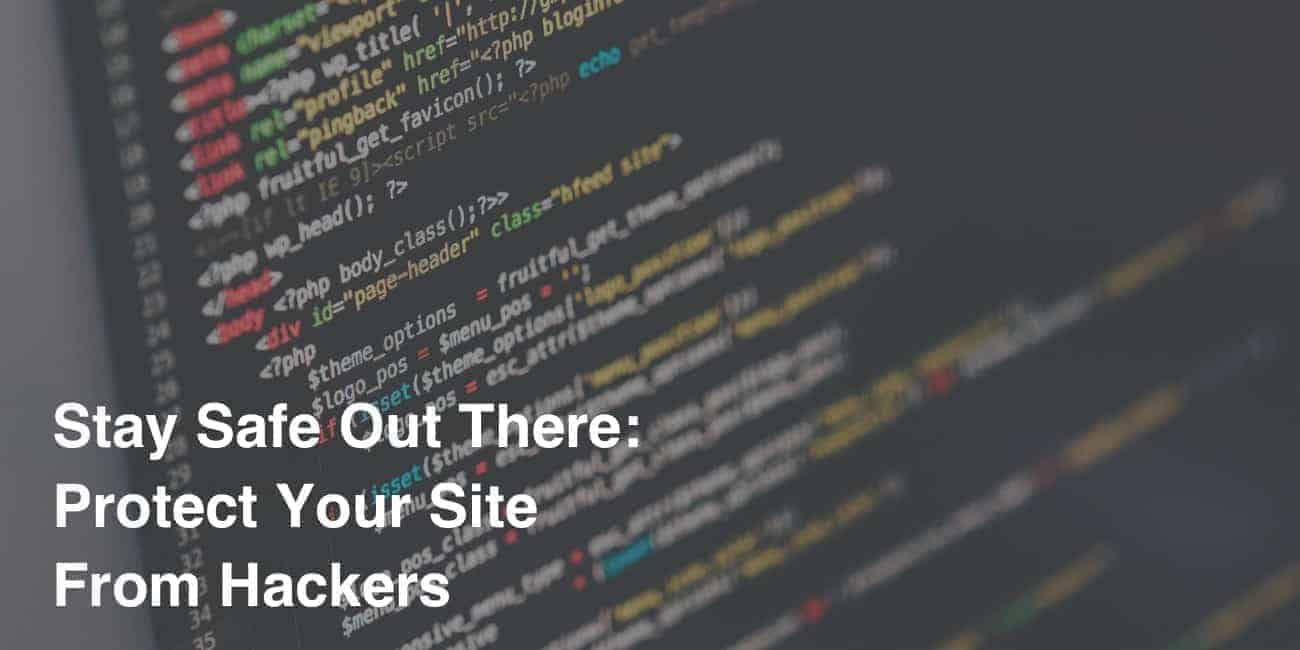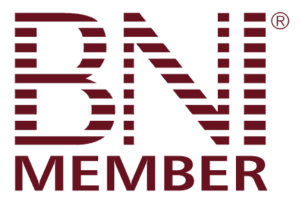
23 Nov Stay Safe Out There: Protect Your Site From Hackers
Every website on the Internet, from Google to Amazon, is “hosted”; even smaller sites like yours. This means that the website sits on a special server so it can be seen all around the web. When someone types in your URL, a request is sent to your server to view the site. Your server then sends back a copy of the webpage to be viewed.
Sounds complex, right? But it all happens in just milliseconds.
However, sometimes these requests are malicious and meant for harm. Hacking attempts are often well-disguised and unexpected. And some servers are much easier to hack into than others. How do you stop these hackers from getting to your site?
It’s important to be aware of the dangers of insecure hosting, as well as how these attacks can happen and how you can prevent them.
Why Would Someone Want to Hack Into My Site?
Contrary to popular belief, most hacking attempts aren’t for things you’d consider important, such as personal information or to shut down your website. Many of them have the intention of using your email server to send out spam emails, which can be harmful for your business and your website.
Nonetheless, with the right protection for your website, you can stay secure from these attacks.
There are several web hosting services out there; many encourage business owners to host their own site and be their own webmaster. This might sound like a simple way to save a few bucks and cut out a middle man, but using a secure hosting service versus a cheap one might actually save you a lot of trouble in the long run. Plus, using a top-of-the-line, secure hosting service might not have the price tag you’d expect.
How to Prevent Hacking Attempts
If you feel comfortable hosting your own website, there are several steps you can take to help the security of your site.
Updating your plugins on a weekly basis is a simple way to increase the security of your website. Each time hackers figure out new tactics to hack into plugins, the developers of these plugins develop new security measures and issue updates to them to keep your site safe.
If your site uses third party plugins, keep track of their updates and ensure that these are updated on time as well. Often, many sites include plugins that fall into disuse over time. Clean out your website of any unused, old and non-updated plugins — they are sitting ducks for hackers to be used as a gateway to enter your site and wreak havoc on it.
A web application firewall is another efficient way to increase security. Firewalls can be software or hardware based; they divide your website server and the data connection and read every bit of data passing through. Most modern firewalls are cloud based and provided as a plug-and-play service, for a modest monthly subscription fee. Basically, the cloud service is deployed in front of your server, where it serves as a gateway for all incoming traffic. Once installed, web application firewalls provide complete peace of mind by blocking all hacking attempts and also filtering out other types of unwanted traffic, like spammers and malicious bots.
As a site owner it’s your job to ensure that every piece of software you run is up to date.
Providers like WordPress work around the clock trying to plug any holes in their systems and release regular patches and updates that make their software less vulnerable to attacks. Ensure that you run these updates and have the latest version supporting your site at any given time.
Hacking is a common and ever-present problem in the world of websites. Don’t let down your guard, assuming that your website is off-limits to hackers. Implementing these basic security measures to your site is simple and makes your site a less enticing target for hackers.








